Biology: How Life Works, 3rd Edition, (PDF), has been a revolutionary force for both college students and instructors in the major’s biology course. It was the first truly complete set of integrated tools for introductory biology, seamlessly incorporating powerful media, text, and assessment to create the best pedagogical experience for students.
THE VISUAL PROGRAM
The already remarkable visual program has been greatly improved and expanded. The effective Visual Synthesis tools have been reimagined, allowing for more flexibility for both instructors and students. A new Tour Mode permits for learning objective-driven tours of the material and deep linking from the eText enable the student to jump straight from the text into a rich visual representation of the content. Instructors can also make customized tours to use for pleasing in-class presentations. And finally, new animations have been included to the library, including a new 3D animation to back the animal physiology content.
A FOCUS ON SCIENTIFIC SKILLS
The updated Third edition does much more to teach students the skills they need to think like a scientist, together with the content they need to move beyond the introductory course. New Skills Primers are self-paced lectures that guide students to learn, practice, and employ skills like experimental design, data visualization, working with numbers, and more. New How Do We Know? activities supplement the feature in the textbook and teach biology students to comprehend scientific inquiry.
THE HUB
The best teaching resources in the world aren’t of use if teachers can’t find them. The HUB offers a one-stop destination for valuable teaching and learning resources, containing all of our well-vetted in-class activities.
IMPROVED ORGANIZATION OF TOPICS
We applied several organizational changes based on extensive user feedback with the aim of creating an improved narrative for students and a more adaptable teaching framework for instructors.
A new section on Animal Form, Function, and Evolutionary History leads off the animal anatomy and physiology chapters to offer a whole-body view of structure and function and to offer better context for the more detailed systems in the following chapters.
- The ecology coverage has been improved and reorganized for a more seamless flow. A new chapter on Ecosystem Ecology integrates ecosystem concepts previously housed in separate chapters to provide a more consistent view of the flow of matter and energy in ecosystems.
All of these changes and improvements show the next step in the life of Biology: How Life Works 3e. We think we have built the best learning resource for introductory biology students, and we think instructors will find happiness in the improvements they can make in their classes with these materials.
NOTE: The product only includes the ebook Biology: How Life Works, 3rd Edition in PDF. No access codes are included.

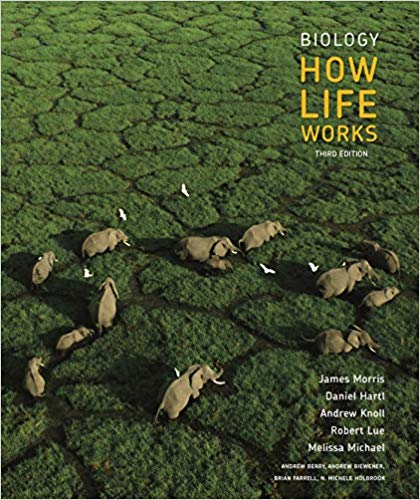


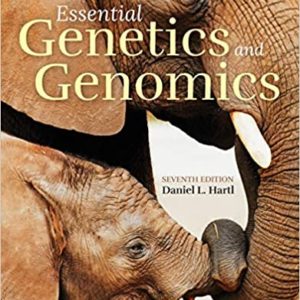
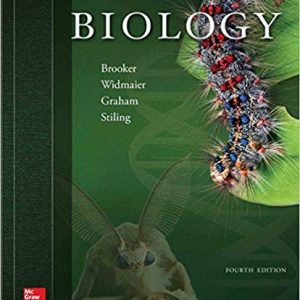
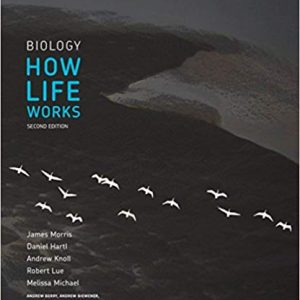
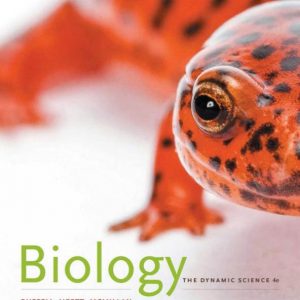
Reviews
There are no reviews yet.